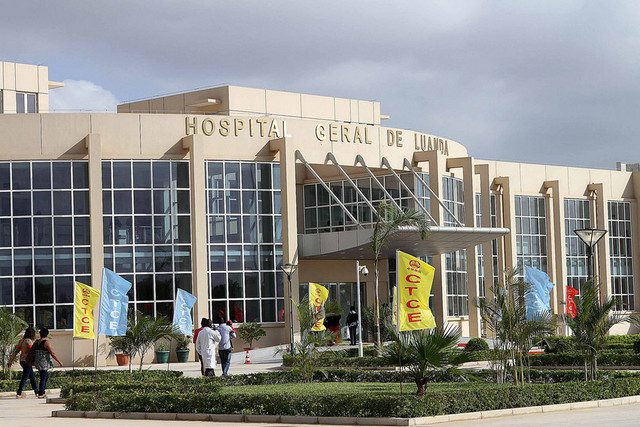With their budgets cut by 50% as a direct consequence of the fall in oil prices, Angolan public hospitals are finding it increasingly difficult to meet their obligations.
The fall in oil prices is having a terrible impact on the Angolan economy. One of the hardest hit sectors is the health sector, which is experiencing enormous difficulties.
The Angolan health system is free and fully state-supported”, explains Hernando Agudelo Ospina, the World Health Organization (WHO) representative in Angola.
Faced with the “black gold” crisis, the government has found itself obliged to cut the budget allocated to hospitals. According to Luis Bernardino, a doctor at the Public Pediatric Hospital in Luanda, the capital, the budget has been cut by 50%. He also points out that 25 people die every day in his hospital, most of them from malaria, the leading cause of death in Angola, according to the WHO.
In addition, the country is facing its worst yellow fever epidemic in three decades. According to the World Health Organization, Angola has recorded 258 deaths out of 618 confirmed cases. In response, a massive vaccination campaign was organized in Luanda, the epicenter of the epidemic. Six million people were immunized.


